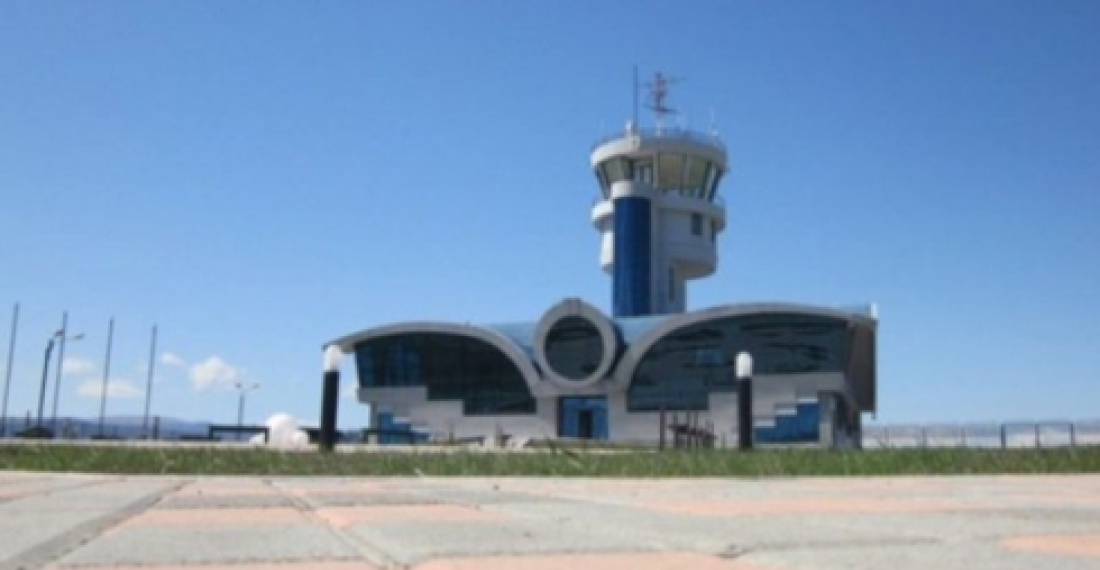Правительство Азербайджана повторило, что открытие Степанакертского аэропорта в Нагорном Карабахе неприемлемо. Пресс-секретарь Министерства иностранных дел Азербайджана, Эльман Абдуллаев, заявил, что "согласно международному праву, полеты над оккупированными территориями Азербайджана являются незаконными", по сообщениям информ агентства АПА. Ссылаясь на заявление для прессы, сделанное сопредседателями Минской группы ОБСЕ в конце своего визита в регион в пятницу, Абдуллаев сказал, что "Сопредседатели Минской группы ОБСЕ в своем заявлении призвали стороны действовать в соответствии с международно-правовыми нормами."
В отдельном заявлении Азербайджанская Государственная администрация гражданской авиации заявила, что Азербайджан согласно международным принципам обладает суверенными правами на воздушное пространство над своей территорией. Тот, кто входит в это воздушное пространство без разрешения, считается нарушившим воздушные границы. Управление перестало повторять прежние предупреждения о том, что Азербайджан будет сбивать самолеты, которые нарушат воздушное пространство над Нагорным Карабахом.
Есть признаки того, что открытие аэропорта в Степанакерте теперь неизбежно. Армянские СМИ сообщают в течение нескольких недель, что аэропорт готов к работе. Вполне вероятно, что первый полет произойдет вскоре после президентских выборов на непризнанной территории, которые состоятся в четверг (19 июля). Выборы также были осуждены Азербайджаном, который назвал их армянской провокацией.
Политический редактор Commonspace.eu в своем комментарии сказал: "Вполне вероятно, что мы вступаем в другой напряженный период на линии соприкосновения, разделяющей армянские и азербайджанские силы вокруг нагорно-карабахского конфликта. В случае открытия аэропорта в Степанакерте Азербайджан отреагирует, но в пределах нормы. В своем заявлении в прошлую пятницу дипломаты стран-сопредседателей Минской группы попытались ввести формулировки, которые могут успокоить Азербайджан, но как только появятся фотографии самолетов, летящих в и из степанакертского аэропорта давление на правительство Азербайджана очень сильно возрастёт. В качестве члена Совета Безопасности ООН Азербайджан, скорее всего, поднимет этот вопрос в международной организации, но и перспектива того, что Азербайджан будет сбивать гражданские самолеты в значительной степени исключена".
Источник: commonspace.eu
Фото: Аэропорт Степанакерта
Commentary
Напряженность вокруг Степанакертского аэропорта растет. Азербайджан вновь предупреждает перед неизбежным открытием аэропорта в Нагорном Карабахе.







